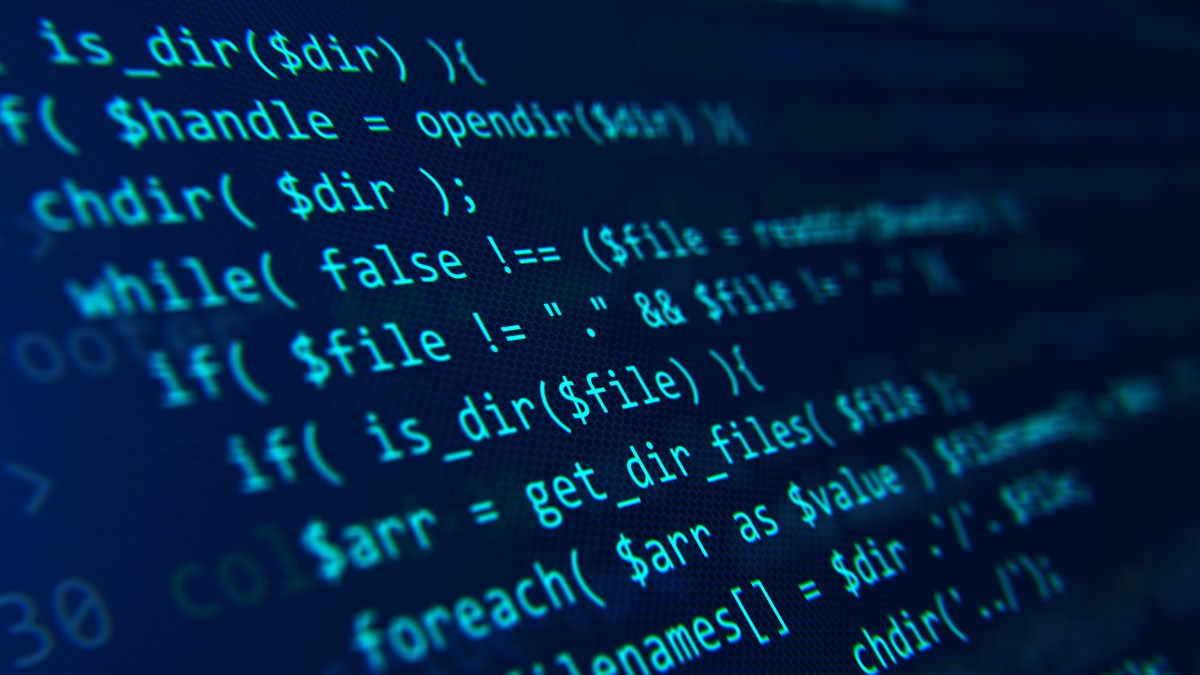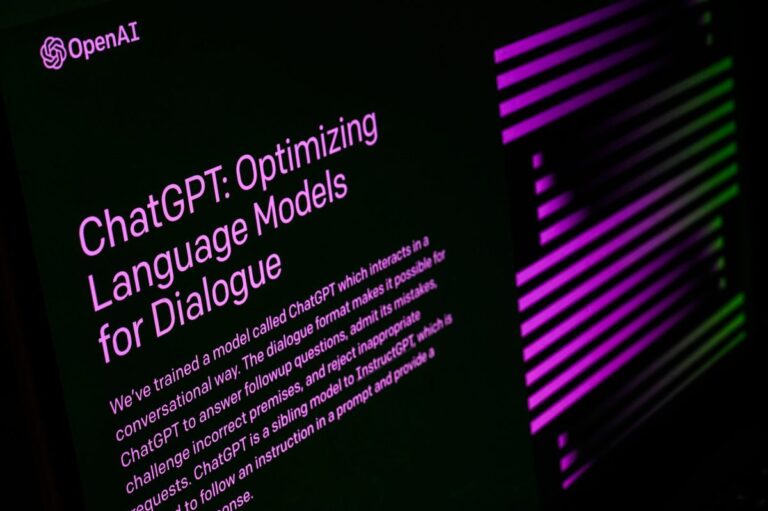Snyk hits $300M ARR but isn’t rushing to go public
Several factors might make you think Snyk, the developer security startup most recently valued at $7.4 billion, would be going public soon.
It was drafting an IPO prospectus in January 2024 with potential plans to file within months, The Information reported. The firm also hit $300 million ARR recently and says it’s on track to be cash flow positive in 2025 CEO Peter McKay posted on LinkedIn earlier this week. Then there’s the general optimism of a friendlier regulatory environment under President Trump.
However, in comments exclusive to TechCrunch, McKay says Snyk isn’t rushing to IPO.
“We’ve got $435 million in the bank and are very close to break-even. In 2025, we won’t burn any cash, so I can pick the time when I go public. I don’t need to rush,” he said.
McKay does think regulatory conditions will improve next year, but sees 2026 as being even more favorable.
“I think the new administration will make things a little bit easier on both IPOs and M&A. We feel 2025 will be better and 2026 will be even better,” he said. “Internally, we feel as though we’re ready [to IPO]. Externally, I think we’re watching.”
Snyk, which flags potential issues to developers as they code, has raised over $1 billion and burned about $173 million in 2023, the company has disclosed. McKay says he expects to cut losses by half in 2024 and break even next year.
But Snyk is not cutting back on its strategy of acquiring smaller firms in the dev security space like Helios this year and DeepCode in 2020, both for undisclosed sums. Snyk credits DeepCode for being the backbone of an AI product that recently surpassed $100 million in ARR on its own, i.e. a third of Snyk’s total revenue.
“I think the only place we will burn money will be on acquisitions,” McKay said.
There’s a lot of hype around AI coding tools replacing developers, which could, one day, be a problem for Snyk’s business model. But in the meantime, McKay says Snyk saw the number of developers using its platform increase over the past 12 months.
And, the more programmers rely on AI to write the code, the better it might be for the company. McKay estimates that AI-generated code includes 30-40% more vulnerabilities, especially when used by junior devs. This gives more opportunities for Snyk’s security tools.
“It’s definitely been a tailwind,” he said.







